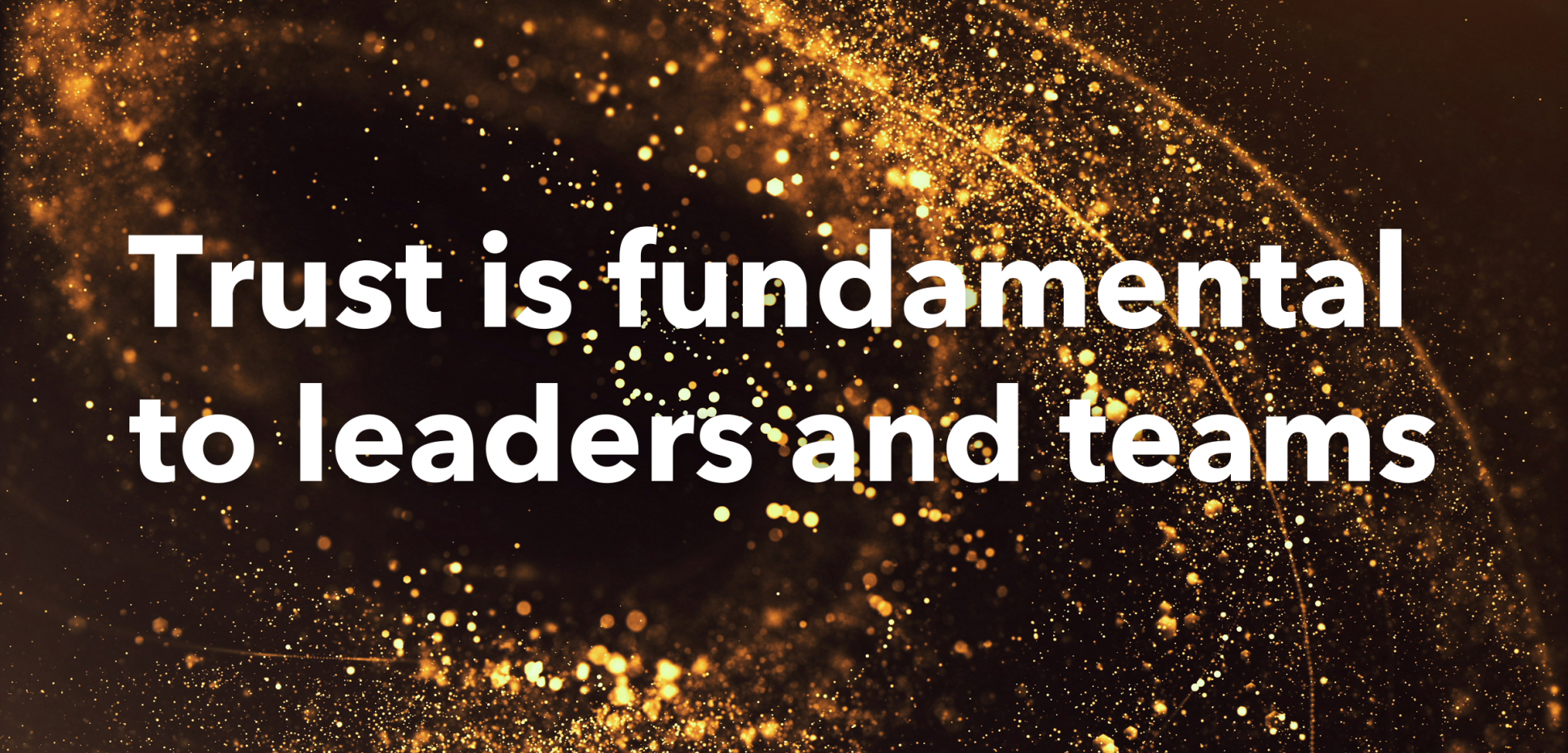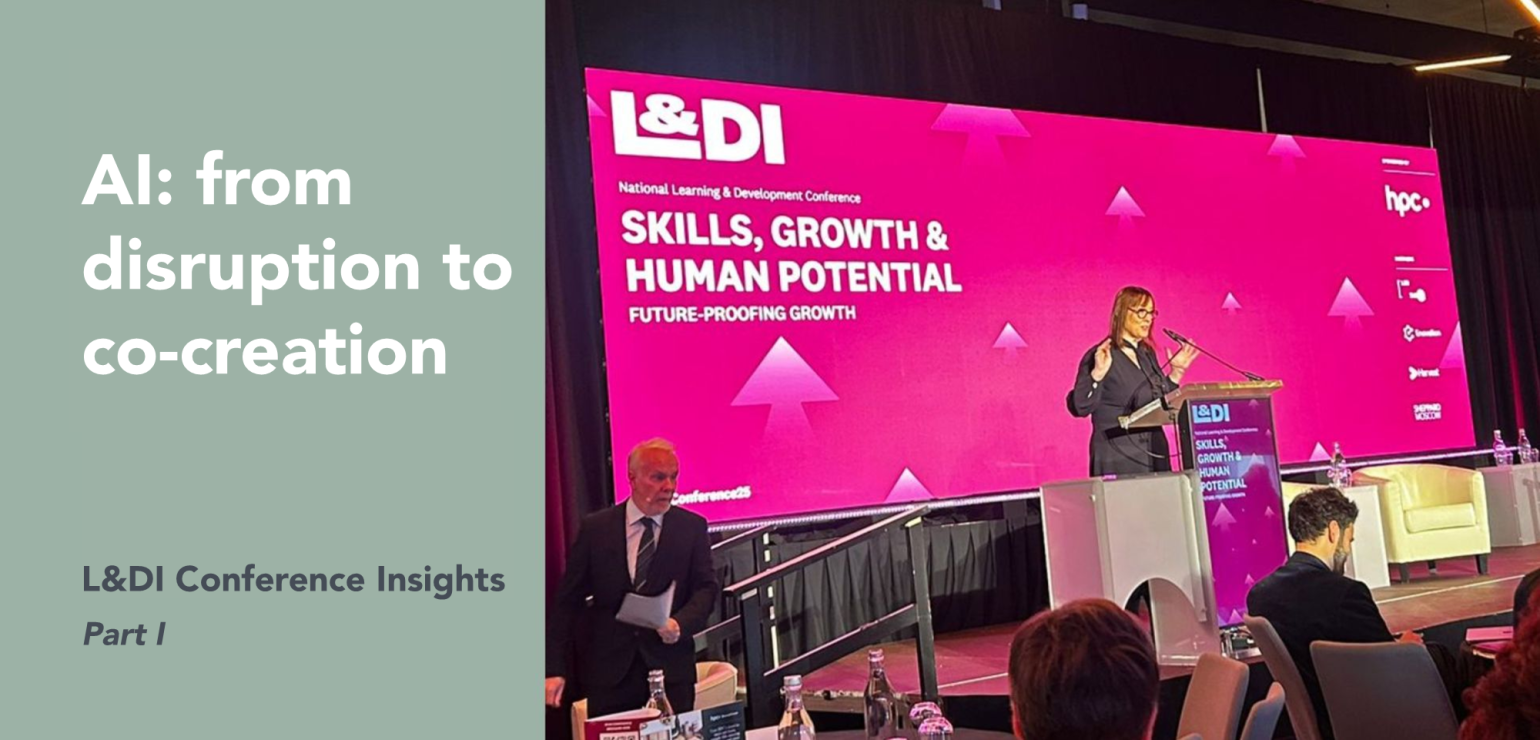In leaders we trust

We know organisations are consistently focused on trust – not simply as a response to a crisis, but in connecting teams and galvanising performance. We look back to events hosted in London and Dublin, with invited clients and colleagues, to explore why trust is important, and how to build and support trust in the organisation. As an everlasting topic, here are some of the key takeaways.
Trust is fundamental to so many aspects of leadership today – the foundation for authentic leadership, the basis for psychological safety and empowering teams, and the fulcrum on which leaders and teams contract with each other. As Dr Lisa van der Werff, Associate Professor of Organisational Psychology, Dublin City University Business School, stated at our Dublin event:
“If you can create a culture where employees have a tendency to trust each other, then you make it much more easy for your organisation to achieve good performance … you also have a cohort of employees that are willing to go above and beyond.”
At the events colleagues, leaders and fellow practitioners shared their perspectives, research insights, and experiences on the role of trust in creating business results. From those conversations are the following key insights to establishing and building trust:
- The principle of ‘turning towards’ or ‘turning away’ and the impact that showing heart in that way (even when every inclination is to do something different) can build trust. This could be leaders turning towards their people, as much as teams turning towards other teams, or individuals turning towards each other. It also includes the idea of forgiveness and how one showing heart in the form of forgiving can be enormously impactful in the creation of real, human to human relationships
- The importance of taking time to build trust. Whether that’s in the joint discovery of values, or even through making time for employees to interact as human beings and build authentic human connections
-
Vulnerability was a rich theme. How it can both help and get in the way of trust. How it wasn’t binary, but rather a balance is required so leaders can show vulnerability where it makes space for others to innovate and create, but at the same time show up with strength and courage, but not necessarily about making oneself weak
-
The need for psychological safety is key – and leaders need to give deliberate attention to creating this, whether that’s through appropriate boundaries and rules in order to create ‘freedom within a framework’, or contracting for how we work together, or creating the conditions for honesty and straight talking. Conversely, the ability to have difficult conversations and to disagree really well – is a sign of high trust.
- Finally, trust is a choice. Whether that’s the mindset you adopt (in terms of the assumptions you make about others’ intentions) or the behaviours you deploy to actively turn towards. And it is the cumulative effect of the positive and negative impacts of these multiple choices that ultimately influence trust.
Visit the full video to hear more from Dr Lisa van der Werff and Dr Brennan Jacoby, as well as a few of our clients, at our Dublin event
Listen to a number of our clients discussing trust at our London event
For some further reading about trust, please take a look at Aoife's thought-provoking piece on Psychological Safety.
If you’d like to know more about our approach to helping leaders, teams and cultures build trust, please contact Roby Blass.

 Deborah Gray
Deborah Gray  Roby Blass
Roby Blass 
 Aoife Keane
Aoife Keane 
